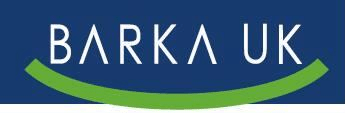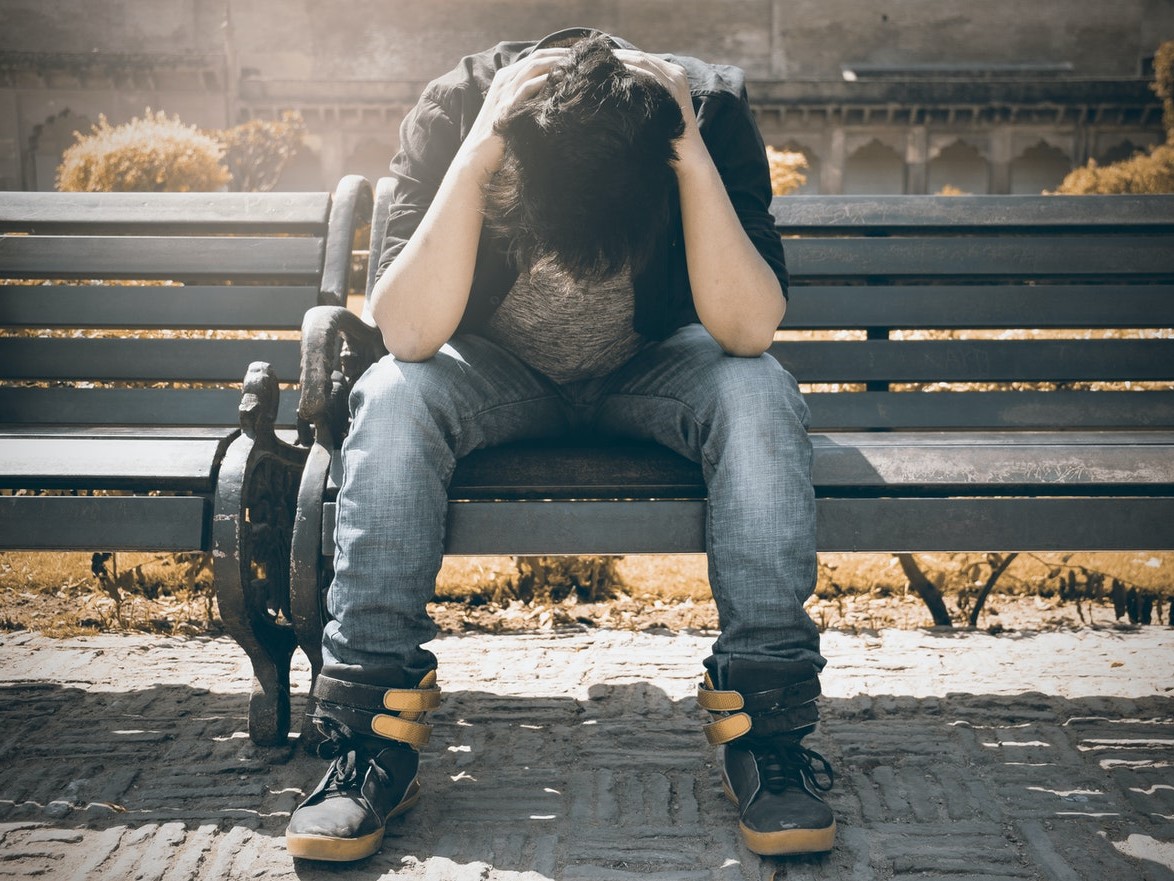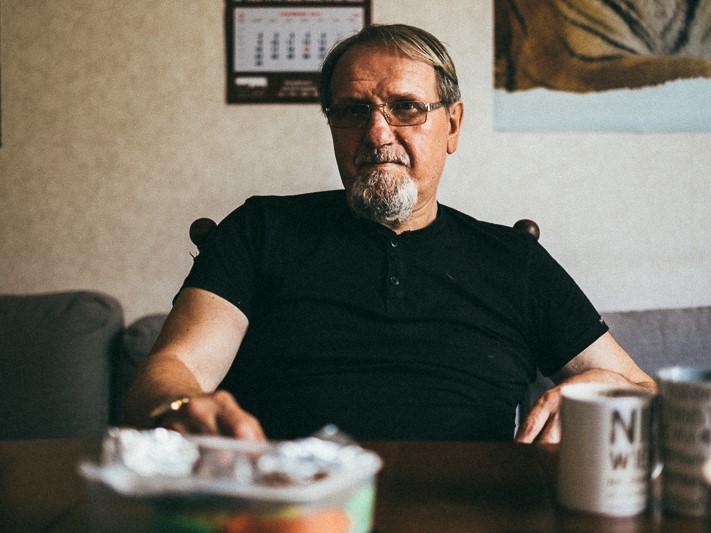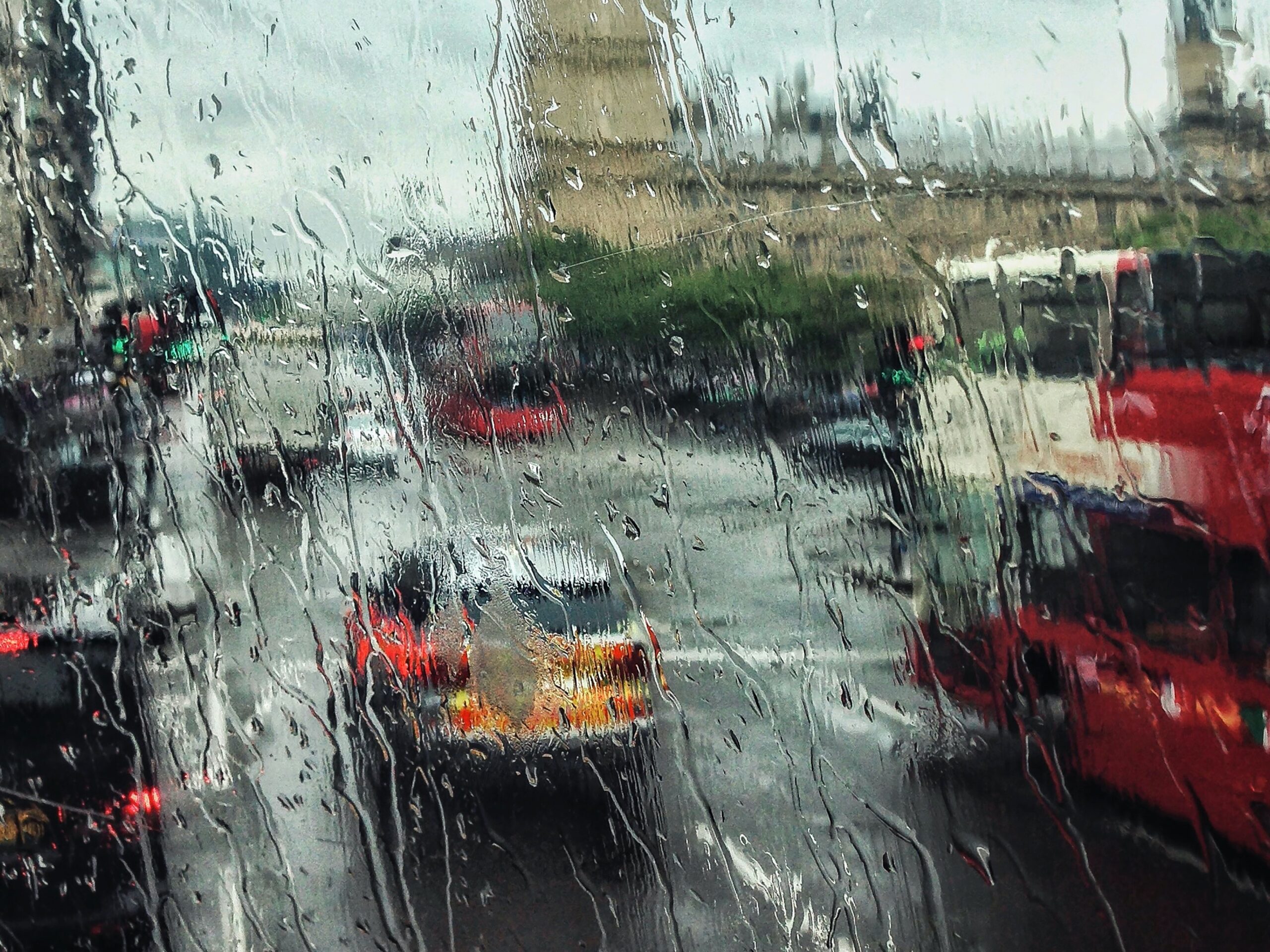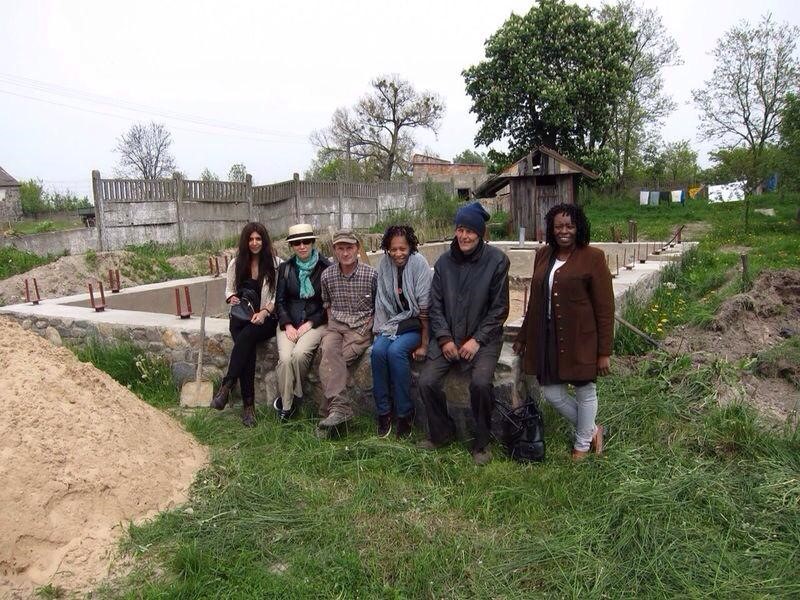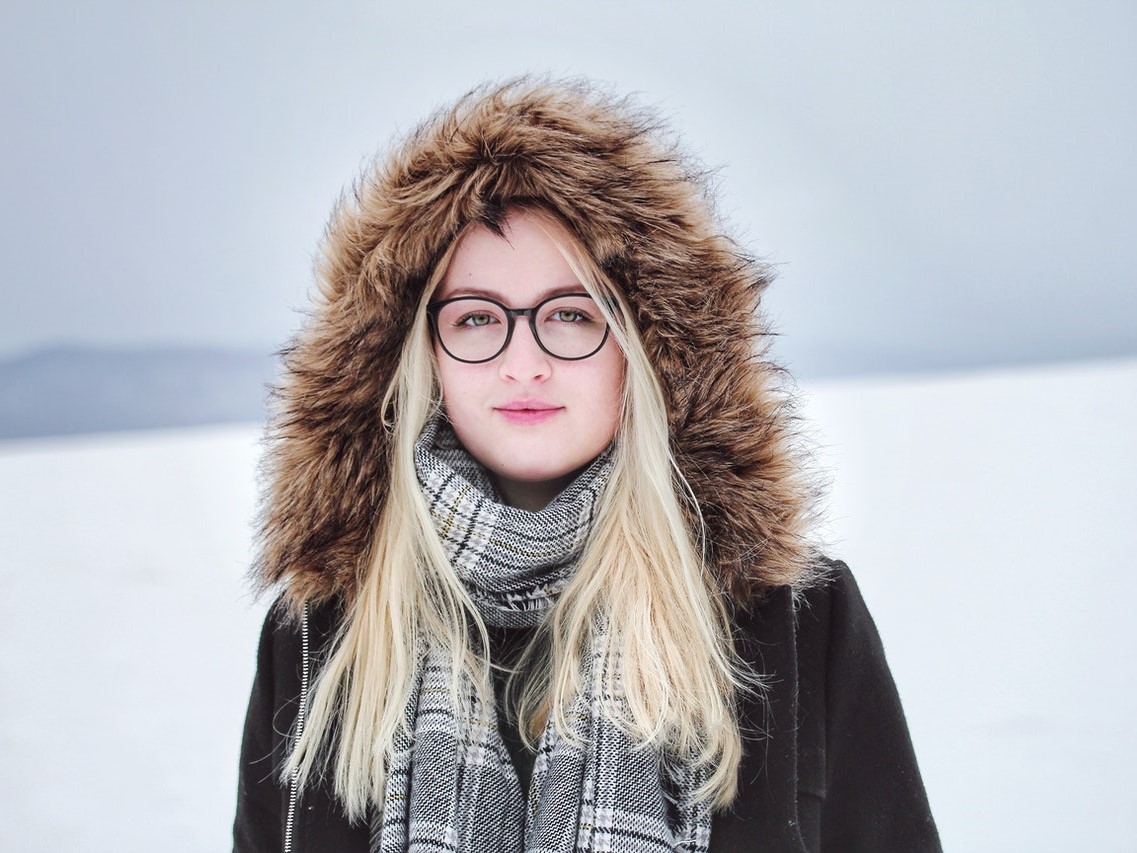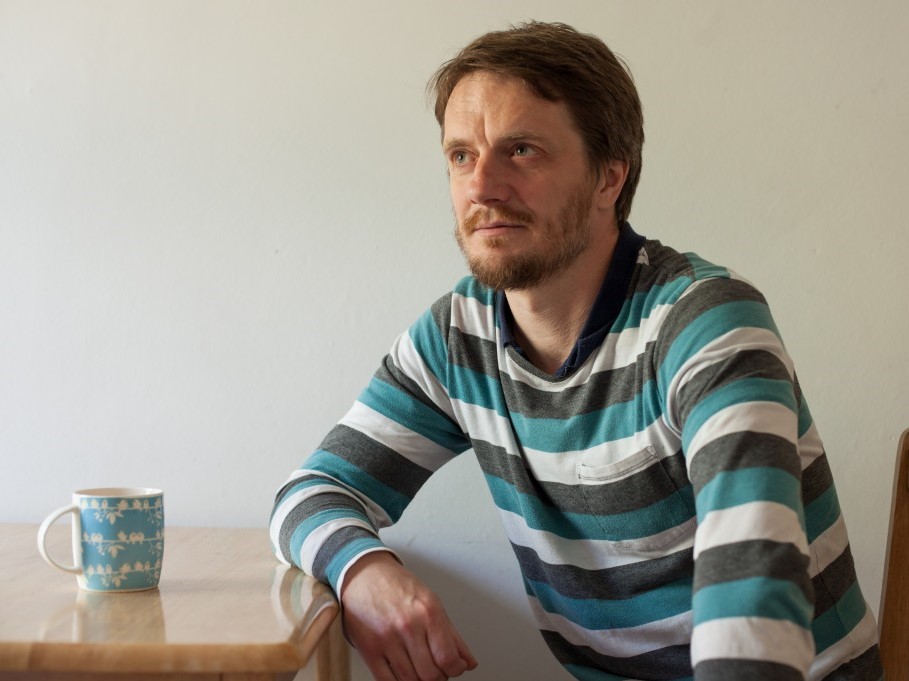by a person reconnected by Barka UK from Lambeth, London
‘Morning – it’s the worst time of the day. The cold wakes me first, and then that familiar flutter in my head, dry mouth and a “brush” in the throat. I look around and I see familiar people in sleeping bags, lying close to the wall. It is raining again. Bottles are scattered around me, unfortunately empty like my pockets. Then I heard for the first time, “Hey guys how are you today? We are from “Barka”. How can we help you? HELP? I thought immediately of filling the bottle next to me.’
If I cannot achieve this – I’m losing interest. So, am I returning to Poland? For several years I have been in London. Finally, I’m free. I do what I want to do. I have food and clothing for free, and I will always find money for drink. I know English, so when I’m ready, I will find a job. This is my plan for a life, but not today. So, I refuse. After my first meeting with “Barka”, I started seeing them more often. We met at the Day Centre in Waterloo. My initial reluctance turned to sympathy. Many times we talked about my drinking; that it’s time to do something about it and to stop wasting my life. I agreed with this and I wanted to make a difference but there was always – tomorrow, the day after tomorrow, and then someday. It was nice to talk about something serious, and bring up memories of a previous life. Over and over, I recalled this sentence “Hey guys how are you today? We are from Barka. How can we help you?”
However, my life ran the same course. Every day felt the same like two drops of vodka. All my energy and existence was subordinate to the bottle. The cycle of my day was marked out by drinking. I realized that I was sinking lower and lower. Out of desperation I accepted work. I worked in a salad factory, in greenhouses; I planted flowers, arranged paving stones for Gypsies. I even worked in a slaughterhouse. It was here that I was thrown out . However I had some money. Unfortunately, not enough to start something, but it was perfectly adequate for buying alcohol. After every unsuccessful attempt to find work (I went to Bognor Regis, Chichester, Hull, Manchester, and God knows where else), I always came back to London. Old friends greeted me with open arms and full bottles. After one of these trips, I visited the Day Centre at Shepherd’s Bush. Good old Broadway. This was the place where I spent my first year in exile, always drunk. It was a shock. The first person I met was “Marynarz” (“a Sailor”). He is a very good friend of mine with whom I shared squats with, and I drank cider as much as a medium-sized lake. He was sober, clean and happy with life. He told me how he returned to “Barka”, sobered up, and changed his life, and how he began to work with “Barka”.
From that place, he asked me to follow in his footsteps. He offered me help and assured me that there will be a place for me, in “Barka”. However, cider won this time, but the figure of a healthy and sober “Sailor” stuck in my memory.
The alcohol marathon dragged on. Almost every day, I promised myself that that will be the end, that I’ll finish it, but to no avail. My trembling body can be calm in only one way. Every cell in my body will work only after an appropriate dose of alcohol. A month later I was beaten. This has happened, of course, before. Lying, wrapped up in a sleeping bag, man has little chance of challenging a group of rowdy teenagers. Their favourite games were throwing stones, bottles, and cans at us. They thought that pouring beer or water over us while we were asleep was extremely funny. They also had a laugh by stealing one of our shoes or throwing garbage at us. There was only one remedy for this problem – an obvious one. This time, however, I had difficulty walking and I could see properly through only one eye. I became friends with the people from “Barka”. I already knew them well and we often see each other.. Therefore, after waking up to a second greeting of: “Hi guys, how are you going, we are from “Barka” … I decided to leave. This wasn’t a problem.
Two days later, I found myself on a bus going to Poland. I arrived at Barka’s community in Chudobczyce. I found myself surrounded by very nice people. The surroundings were quiet and peaceful. For someone like me, after spending years in London’s hubbub – it was too peaceful. I endured this for four weeks. I thought “you idiot, this is not for you”. I was sober, healed and I wanted to conquer the world again. Going back to London was tempting for me, so I returned.
Unfortunately, my plans to quickly find work and establish a normal life had failed. After a few days, I was among my former colleagues with a bottle in my hand. We went back to the old way of obtaining money – begging. We were using a very effective method – the dog. An Irishman gave us his dog, in return for two beers. People were probably sorrier for the dog than for us (contrary to appearances, the dog lived in wealth, eating only delicacies, having a lot of space and fresh air). We got a lot of money and drank a lot as well. The following days, weeks, months, looked identical. In the morning I drank a bottle of cider to “recover”, I got rid of the scraps, then I popped into the Day Centre to warm up, eat and sometimes bathe – of course interspersed with cups of wine. Afterwards, I went to the park or garage when it rained to drink. In the evening, “work”, with short change to one that just begs, to let him have a drink. Later, after counting the money, I went to a friendly shopkeeper for a sandwich, which he could not sell – and I partied.
One day I heard the phrase, “Hey guys, we are from Barka, how can we help?” – asked a sadly smiling “Sailor”. After a few hours we had a long conversation at the Day Centre. For the umpteenth time he asked me to quit drinking, and offered me a place at “Barka”. I remember that idea and I loved it, but at that time I was going through a neutralisation process, which made me feel that the prospect of taking any action was a total abstraction. It was getting worse. I had depression combined with a feeling of total resignation. Even drinking brought me no relief. It no longer triggered euphoria and my mood was not improving. I was drinking not to think, but just to sleep. Soon after, I did not want to go anywhere any longer, my body was completely refusing to obey me. I lay down on card boards, wrapped up in a sleeping bag and my friends were bringing me some sandwiches and – of course – alcohol.
The street is like a cancer and eats you up inside. It’s like a big vortex picking up everything within its grasp. When you get in its possession you can’t get out. For all these years “Barka” tried to help me even when I let her pass me by. She didn’t stop. When it seemed that the end was near, Radek, my friend from “Barka”, came to me and dragged me to detox. Not just like a normal detox in hospital, where you can get sober and after a few days they put you back on the street, but for 30 days in a professional facility where the cost is over £6000 per patient. For a Polish homeless man without any benefits, to get in there was impossible, but not for Radek.
This period was a time for real recovery: injections, tablets, detoxification, but I also had access to a psychologist and a therapist. It wasn’t easy. After only a few days, I was able to leave the room alone without any help from others. After one week I started to eat, and after a few more days my trembling body began to calm down. Finally I had time to soberly rethink about my circumstances. I made many important decisions. Radek visited me all the time. He brought me tobacco and fresh news from the world. Our conversations gave us a lot of satisfaction. At the end of my stay there I asked myself “What to do next?” I didn’t want to go back on the street. I was afraid of myself. The answer came with Radek again! He told me he had spoken with Sisters from Missionary Charity in Elephant & Castle and that they will take me to a hostel. I had no way of knowing that this would be one of the most important steps I would make in my life.
After few days I knew that we were going to get on well with one another. The Sisters were like a balm for my hurt soul. They were like surrogate mothers and friends for me. I gained their trust. After a few months there I was doing everything – I managed the kitchen, accepted deliveries, did the shopping. I was also responsible – which is ironic – for ensuring the sobriety of hostel residents (the word ironic in this case is a euphemism on the contrary). I also provided translation services for others who didn’t speak English. I discovered that I wanted to help other people. The Sisters taught me to find joy and satisfaction from the smiles on other people. I’m very good friends with the Sisters and my love for them is constant.
I had consistently good contact with Radek. Our relationship was a completely different. We were now just like two good colleagues. My life has become normal. During one of our meetings, Radek told me that “Barka” has a meeting the next day and I’ve been invited. Of course, I attended the meeting. There were young, friendly and enthusiastic people. They were talking about reconnections projects from Hammersmith & Fulham, City, Lambeth & Southwark boroughs.
“Several persons returned from Hammersmith, several persons from the City, we helped them, with him it was possible to do anything“. We often discussed individual cases. I remember feeling terribly ashamed. God, I thought, if they are with each of them, even a fraction of the affliction I suffered when I was homeless, then I must assist them. After meeting Ewa, the head of the Barka UK, they invited me for an interview and after a few words, offered me a two-month course in Barka in Poland followed by work. I was pleasantly surprised, so I agreed right away and one week later I was in Poland.
I was picked from the train station by Janusz. He immediately drove me to Barka’s headquarters. We drank coffee and got started. “This is the Social Economy Centre, the Centre for Social Initiatives. There is a school and here is a place where everyone can get a free meal.
From there we went to visit to the Social Emergency, which, although poorer, reminds me of the hostel run by my beloved Sisters, then “Darzbór”, a housing estate catering for the homeless. At the end of the day I collected some booklets and books. In the evening, when I read materials about the work and achievements of Barka including its concept of “Social Economy” it had ceased to be an empty abstract concept to me.
I spent the next two months in the Community House in Posadówek. People live here just like any other Barka community: “people with problems – alcohol, prison and often ordinary human loneliness.” This mix doesn’t create an explosion, but rather fine-tunes, complements and pushes the trolley of life together.
People here have already regained their dignity. Now they are working on improving their quality of life. They are willing to work because they do it for themselves, and they do so effectively. These two months have been another great life lesson. I returned to London, full of enthusiasm as well as anxiety.
After another meeting with the Chief, I learned that in a few days I will start working at the Broadway Centre. This is exactly the same place where I started my career as homeless person seven years ago. On the first day when I arrived at “Broadway” and looked at the people gathered there, I saw myself. The same fear, indifference and resignation concealed under a mask of arrogance. I already know what I want to do later on in life.
After a few days, I went out on my first patrol. We visited the place where I slept as a homeless man, and saw people curled up in sleeping bags, huddled against the wall because it was raining again. And then I heard my voice – “Hi guys, how are you today? We are from Barka, can we help you?”
Jerzy – ‘recycled citizen’
